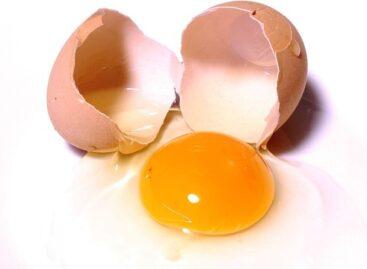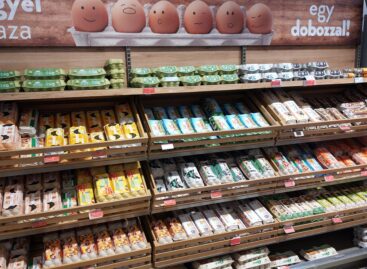AKI: meat and eggs have also become cheaper
Based on the latest summaries published by the Institute of Agrarian Economics (AKI), by the beginning of 2024 we can see a significant price reduction in the field of meat and eggs. The price of broiler chicken, for example, fell by more than 20 percent, and fresh chicken became 10-25 percent cheaper on average. The price of pork also varies, but the retail purchase price of most raw pork has increased by around ten percent.

The AKI also reports positive news regarding table eggs: the price of eggs from cage farming decreased by 18 percent, while the price of eggs from deep litter farming became cheaper by 16 percent. Turkey meat fell even more, in some cases by 26-27 percent, compared to the previous year.
Some of the changes are explained by the decrease in feed costs. According to AKI data, these prices also became cheaper compared to the previous year, contributing to the reduction of meat prices. Food prices are closely related to feed costs, and changes in this area quickly have an impact on the consumer market.
The price of slaughter cattle fell by almost 24 percent on average, according to the summary. The evolution of the price of pigs is more complex, as the producer price of slaughter pigs remained stable or decreased by a few percent, while the processing sales price decreased by a few percent in some cases. At the same time, the retail purchase price of most raw pork increased by around ten percent.
Related news
Egg packing house prices increased
🎧 Hallgasd a cikket: Lejátszás Szünet Folytatás Leállítás Nyelv: Auto…
Read more >From caged eggs to alternative production
🎧 Hallgasd a cikket: Lejátszás Szünet Folytatás Leállítás Nyelv: Auto…
Read more >Related news
New country director at the helm of JYSK Hungary
🎧 Hallgasd a cikket: Lejátszás Szünet Folytatás Leállítás Nyelv: Auto…
Read more >







